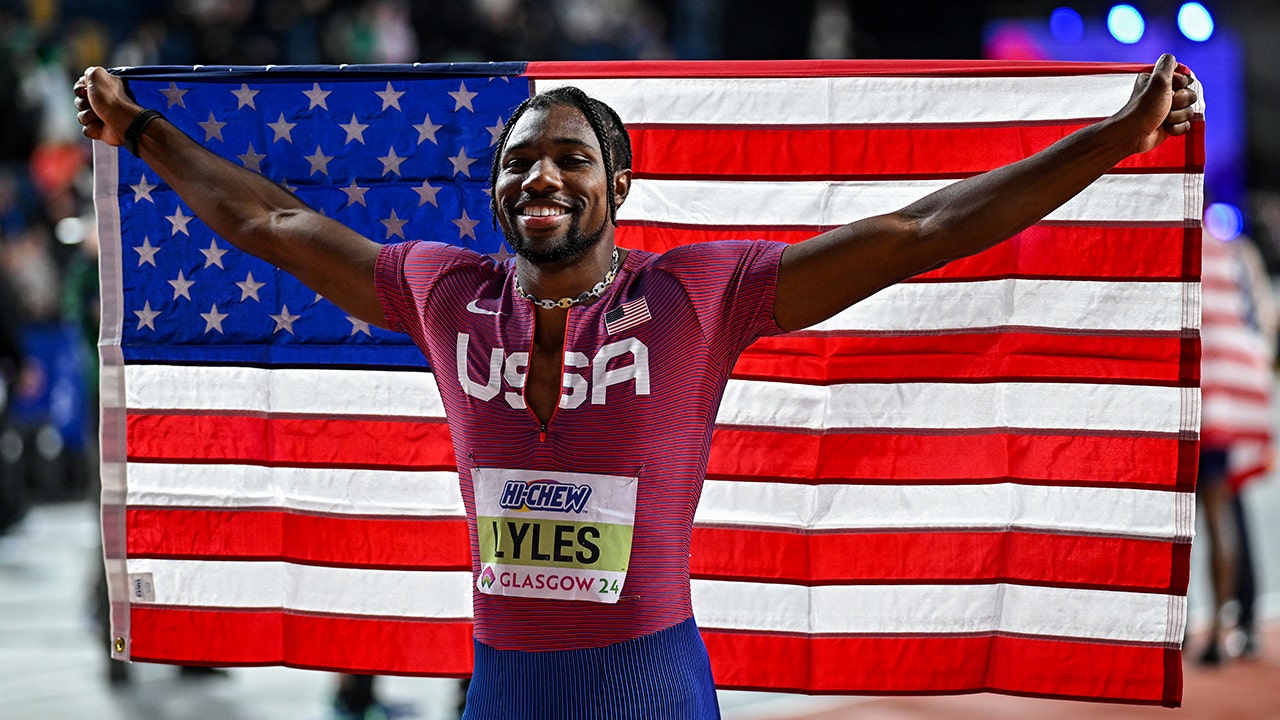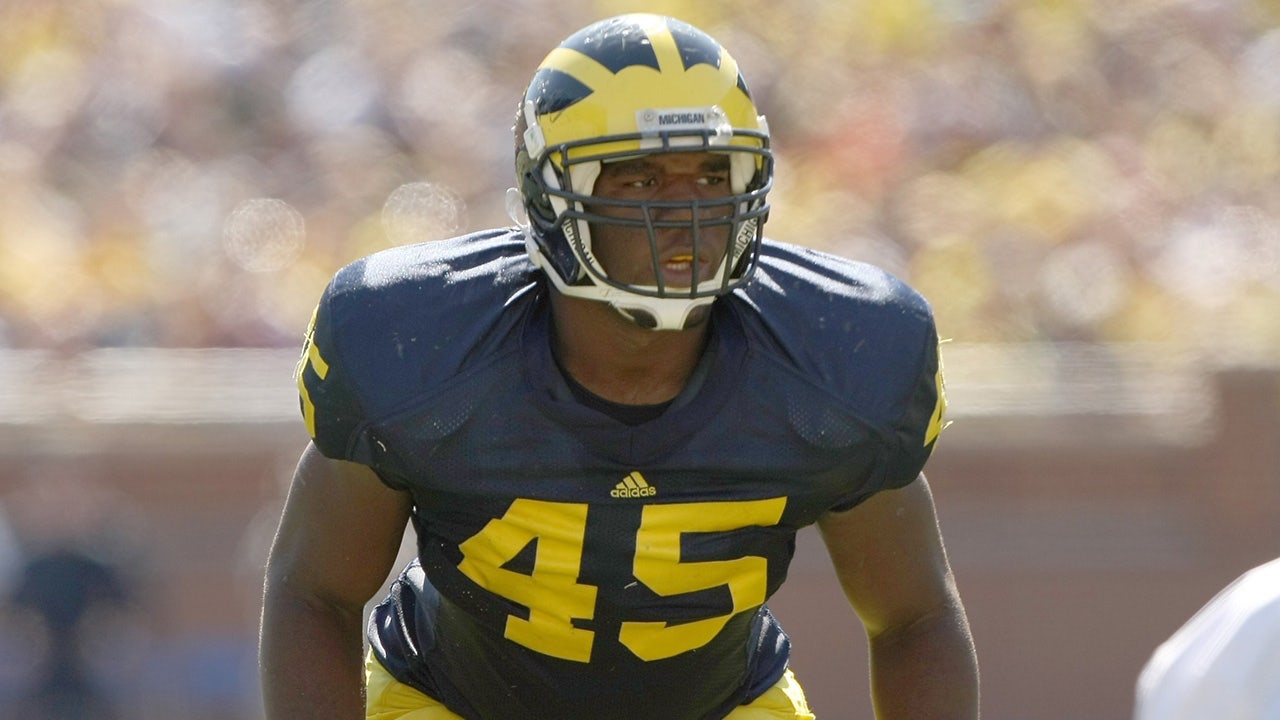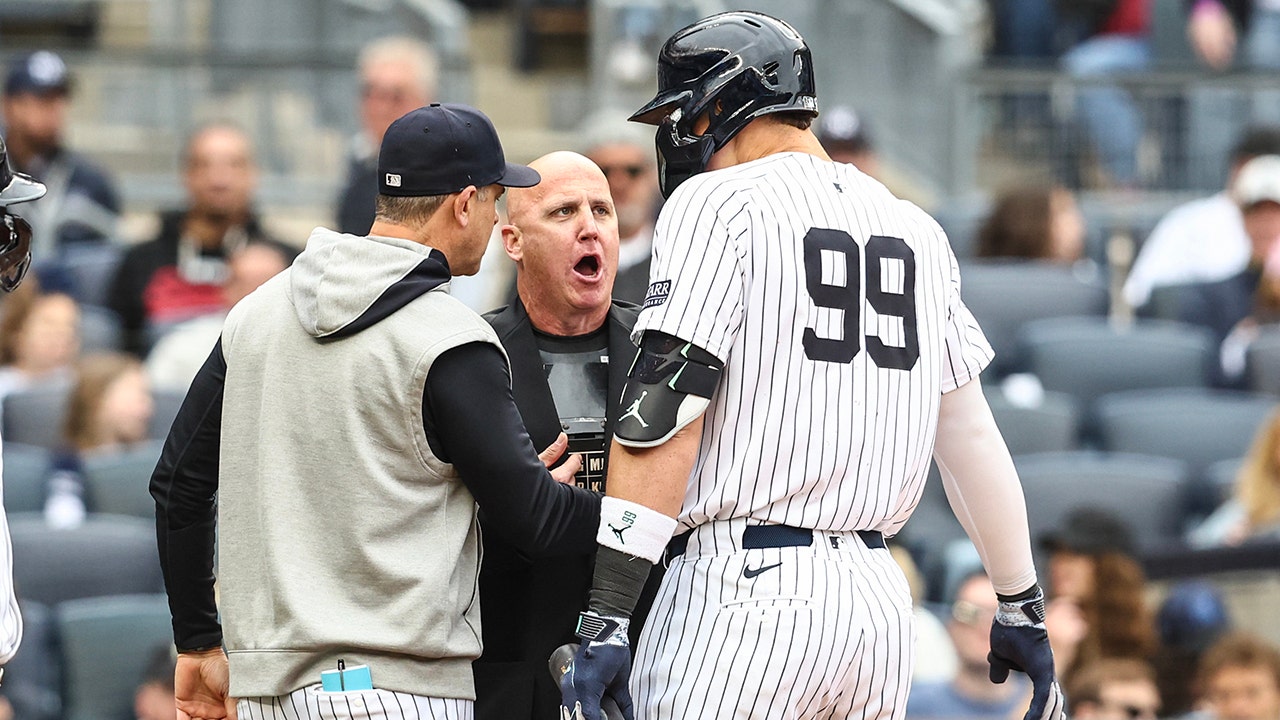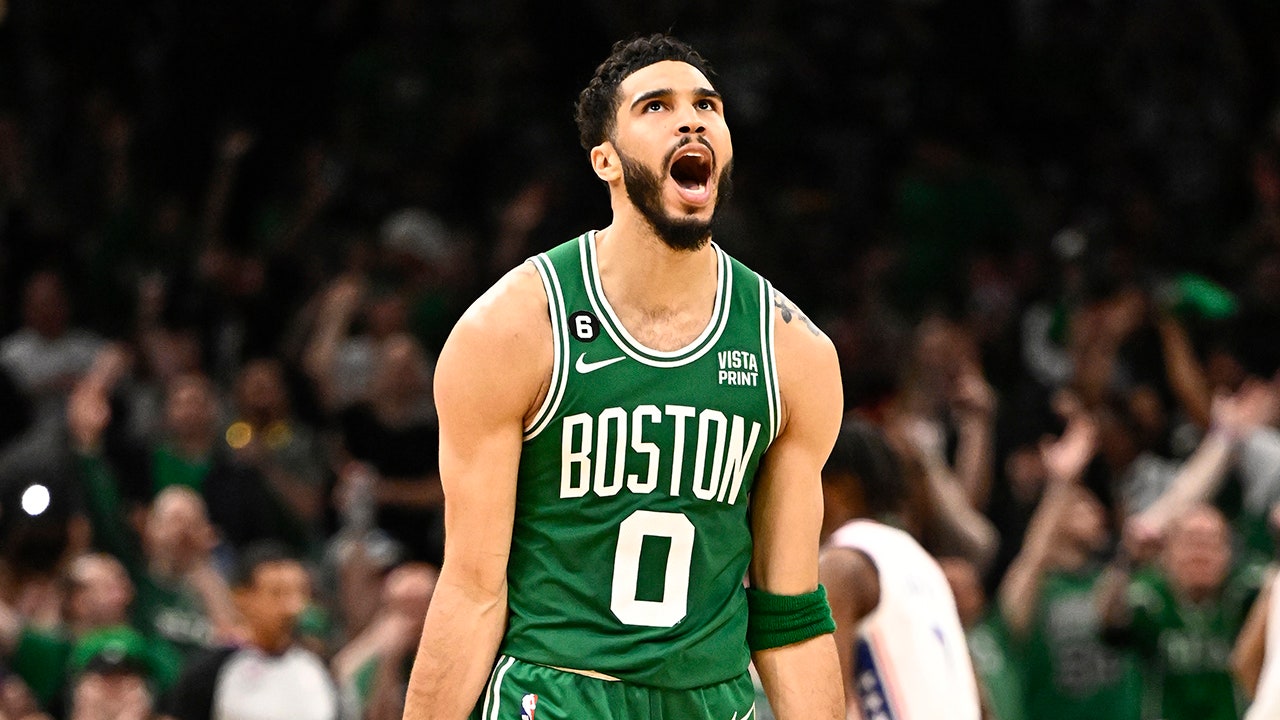
Peter Oosterhuis, a British golfer who won 20 tournaments around the world, played in the Ryder Cup six times and later distinguished himself as a commentator for CBS and Golf Channel, died on Thursday in Charlotte, N.C. He was 75.
His wife, Ruth Ann (DuClos) Oosterhuis, said that his death, at a memory care facility, was caused by complications of Alzheimer’s disease. He retired from CBS in early 2015, almost two decades after he began working there and several months after being diagnosed with early-onset Alzheimer’s.
That year, Oosterhuis (pronounced OH-ster-house) spoke to Golf Digest about his life and career.
“The specific memories of those events are fading, but I have this nice overall impression of things,” he said. One detailed memory he still had: “In the 1973 Ryder Cup, I played Lee Trevino in one of my singles matches. Lee told his teammates, ‘If I don’t beat Oosterhuis, I’ll come in here and kiss your butts.’ Lee didn’t beat me.”
Oosterhuis finished second in the 1974 British Open, four strokes behind Gary Player. Eight years later he took second place again, in a tie with Nick Price, one stroke behind the winner, Tom Watson. The Guardian said that Oosterhuis’s final-round 70 in the 1982 Open was “due reward for the stoutest heart and most patient temperament that British golf has produced in the modern era.”
Oosterhuis was, for a time, one of Europe’s best golfers. He won the Harry Vardon Trophy, for the best scoring average on the European Tour, four consecutive times, from 1971 to 1974. He won seven titles on the European Tour, now called the DP World Tour. And while his six Ryder Cup teams (first Britain, then Europe) lost to the United States from 1971 to 1981, he had his share of success, including a record of 6-2-1 in his singles matches in the biennial competition.
At his first Ryder Cup, in St. Louis in 1971, he was about to strike a long putt when a butterfly flew out of the hole.
He leaped in surprise, then sank the putt for a birdie.
Arnold Palmer — who lost to Oosterhuis in a singles match after winning two foursome matches and one four-ball match — told The Decatur Daily Review of Illinois: “He’s good. What I like is that he thinks a lot out there while he’s playing.”
At the 1981 Canadian Open, in Oakville, Ontario, he held off a late challenge from Nicklaus, who needed a 20-foot eagle putt on the 18th hole to tie him but left it about eight inches short.
It was Oosterhuis’s only title on the PGA Tour, where he played from 1975 to 1986.
“You’ve been pretty patient, Peter, and now you’ve won one,” Nicklaus told him.
“I don’t know if I’ve been patient or just stubborn,” Oosterhuis replied.
Peter Arthur Oosterhuis was born on May 3, 1948, in Dulwich, an area of South London. His father, Hans, was a commodities broker who had fled the Netherlands after the German occupation. His mother, Josie (Frenken) Oosterhuis, ran the home.
His introduction to golf came when he was about 10 and his family went blackberry picking at the Dulwich & Sydenham Hill golf club.
“Trouble was, I used to eat all the blackberries I picked, so I was soon dismissed from that and I started to play golf instead,” he told Global Golf Post, a digital golf news publication. He joined the club as a junior and soon displayed the talent that would lead him to represent Britain in the 1967 Walker Cup and the Eisenhower Trophy a year later. He turned pro at 20.
He left the PGA Tour in 1987 to become the golf director at Forsgate Country Club in Monroe Township, N.J. In 1991 he moved to the Riviera Country Club in Los Angeles, were he was the head golf professional until 1993.
He turned to television commentary in the mid-1990s, first for Britain’s Sky Sports and then for Golf Channel. He worked part time as an analyst for CBS in 1997 and was hired full time the next year. He was quickly installed as a commentator, offering analysis from the 17th-hole tower at the network’s golf broadcasts.
“He explained the game that was going out in front of him in a very relaxed manner,” said Lance Barrow, the former coordinating producer of golf at CBS Sports, who brought Oosterhuis to the network. “He gave you the information you needed, got out of the way and let the pictures tell the story.”
During the final round of the 2000 Masters, Oosterhuis offered a particularly blunt assessment of a putt by Vijay Singh.
“That’s a horrible misjudgment of the line,” he said. “He knew it was going to be slick, but he just got it started in the wrong direction. About the worst putt we’ve seen.”
In addition to his wife, who is known as Roothie, Oosterhuis is survived by his sons, Robert and Richard, from his marriage to Anne Coney, which ended in divorce; his stepsons, Byron and Mathew Bos; and four grandchildren.
When Oosterhuis reminisced for Golf Digest after his diagnosis, he talked about his sister, Gillian, who had left $25,000 to an Alzheimer’s charity after her death in 2014.
“This was before I was diagnosed,” he said, “and she had no inkling there was anything unusual going on with me. She did that because she believed my father, who passed away about 10 years ago, had the disease even though he was never diagnosed.”









